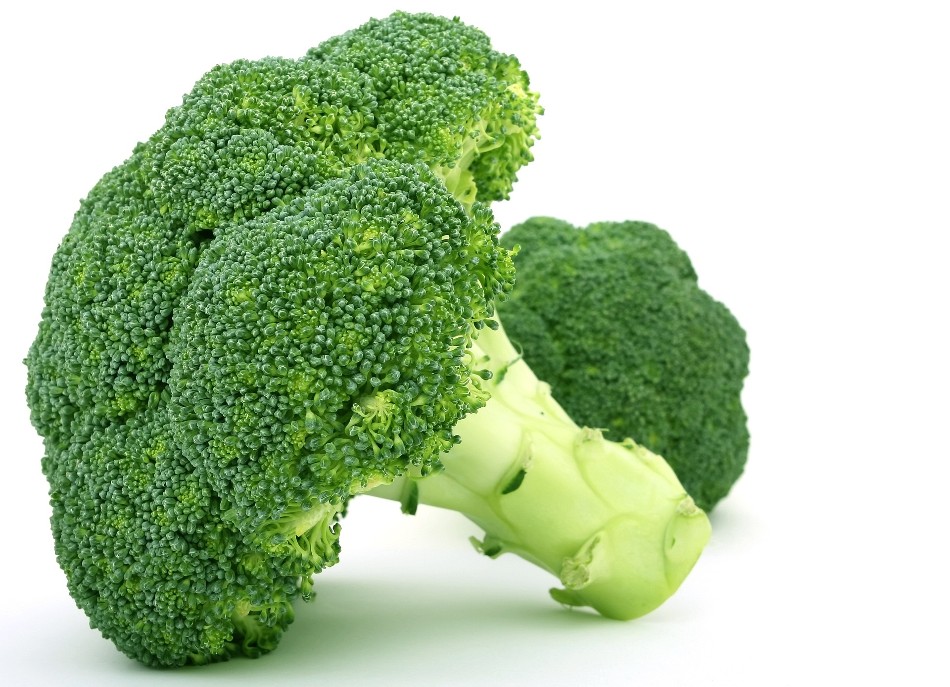is broccoli a vegetable ?
Are you one of those people who turn up their noses at the mere mention of broccoli? While it can be a polarizing food choice among adults, most kids are less than enthusiastic about hot green florets appearing on their dinner plates.
But have you ever stopped to consider if broccoli really is as bad as they say? In this blog post, we’ll look beyond its pungent odor and unappealing texture to uncover the nutritional truth behind this popular vegetable and why it may be worth befriending.
So gather around your grown-up table –or lunchboxes!– because it’s time to separate fiction from fact when it comes to all things concerning broccoli.
Introduce the topic of broccoli, highlighting that it is a polarizing vegetable among adults but is generally disliked by kids.
Some adults love broccoli and some adults hate it. But, one thing is for sure, broccoli is definitely a polarizing vegetable. Generally speaking, kids dislike broccoli while adults either love it or hate it. There are a few possible explanations for this.
First explanation:
One explanation is that kids simply haven’t learned to appreciate the flavor of broccoli yet. Unlike some other vegetables, such as carrots or peas, broccoli doesn’t have a very strong flavor. This means that it can be difficult for kids to appreciate its taste, especially if they’re not used to it.
Second explanation:
Another explanation is that kids tend to be more picky eaters than adults. They’re more likely to avoid vegetables that they don’t like, even if they’re good for them. This is why so many kids hate broccoli – because they learn from their parents that it’s a vegetable they should avoid.
Finally, there’s the argument that kids just don’t have the same taste buds as adults. This could be due to a variety of factors, such as age or diet. Kids may not like the bitterness of broccoli because their taste buds aren’t as developed as adults.
Pros and cons of eating broccoli:
There are pros and cons to both sides of this debate. The pro-broccoli side argues that broccoli is a healthy vegetable with many nutritional benefits. It’s high in fiber and antioxidants, and it’s a good source of Vitamin C and calcium. The anti-broccoli side argues that most kids just don’t like the taste of broccoli and there’s no point in forcing them to eat it.
At the end of the day, it’s up to parents to decide whether or not their kids should eat broccoli. If you’re on the pro-broccoli side, then make sure your kids become used to it at an early age so they can learn to appreciate its flavor. If you’re on the anti-broccoli side, then there’s no harm in avoiding it altogether – just make sure your kids are getting enough other fruits and vegetables in their diet.
Offer reasons why broccoli may be worth befriending, starting with its nutritional value.
Broccoli is a vegetable that is worth befriending for many reasons. First and foremost, broccoli is incredibly nutritious. It is high in fiber, vitamin C, and vitamin K, and it also contains important antioxidants. Broccoli can boost your immune system, help protect your bones, and even reduce your risk of cancer. Additionally, broccoli is low in calories and carbs, making it a healthy choice for people who are trying to lose weight or manage their blood sugar levels.
But broccoli’s health benefits don’t end there. This vegetable can also help improve your digestion and skin health. And if that’s not enough, broccoli tastes great too! It has a slightly sweet and peppery flavor that goes well with many different dishes. So next time you’re at the grocery store, be sure to pick up a few heads of broccoli to add to your meal plan. You won’t regret it!
Discuss some of the health benefits associated with broccoli.
Broccoli is a cruciferous vegetable that is rich in antioxidants and numerous other nutrients, including vitamins C, K, and A, as well as folate and potassium. It is also a good source of dietary fiber. Broccoli may contain anti-inflammatory and anti-cancer properties. In particular, broccoli may help protect against prostate cancer. Broccoli also contains sulforaphane, a compound that may improve cognitive function and memory, as well as protect against Alzheimer’s disease.
Share tips for making broccoli more appetizing for kids.
When it comes to getting kids to eat broccoli, there are a few tips and tricks that parents can use. First, try serving broccoli with a fun dip or sauce. Kids will love dipping their broccoli into a delicious sauce or dressing, making it more appetizing for them.
Another great way to make broccoli more appealing is to add some cheese to it. Adding shredded cheese to broccoli will give it a cheesy flavor that kids will love. Finally, try cooking broccoli in a different way. If your child is used to eating steamed broccoli, try baking it instead. Broccoli roasted in the oven will have a crispy texture and a delicious flavor that kids will love.
Conclude by emphasizing that broccoli should not be avoided simply because it is not universally loved and that its benefits outweigh any potential negatives.
Although broccoli is not universally loved, its benefits outweigh any potential negatives. Broccoli is a good source of fiber, vitamin C, and other nutrients. It also contains phytonutrients that may have cancer-fighting properties. Broccoli is a healthy food that should not be avoided simply because it is not universally loved.
It’s time to give broccoli a chance. This underdog vegetable is nutritional powerhouse that offers numerous health benefits, making it worth befriending – even for the pickiest of eaters.
And although its green hue and tree-like shape may turn some kids off, there are ways to make broccoli more appealing. If you’re looking for ideas on how to get your kids to eat their greens, check out our latest blog post for tips and tricks.

